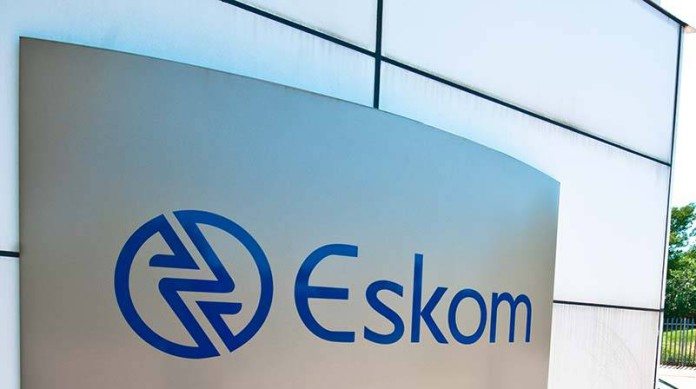
THE controversy over the Dentons report on the state of Eskom has, if anything, intensified after today’s media conference at the utility’s Megawatt Park headquarters at which the invitation specifically stated the report would be released to the public but – in the event – it was not.
Instead, people interested in reading the report will have to apply to Eskom in terms of the Promotion of Access to Information Act (PAIA) and the utility would then deal with such applications “in terms of the legal framework of the Act”.
It also became clear from the interaction between Eskom chairman, Baldwin Ngubane, and Noor Kapdi – managing partner of Dentons South Africa which prepared the report – that the scope of the investigation had been cut short by the Eskom board.
According to Ngubane, the scope of the report was curtailed after an initial draft revealed that its findings were broadly in line with what the new Eskom board had already realised were the main problems at the organisation.
He said there was no point continuing with the investigation because the board’s priority was to fix the problems within Eskom and not subject its workforce to an extended period of demotivation while the investigation continued.
He added that continuing the investigation was not justified in terms of the extra cost that would have been involved. The final cost of the report in its abbreviated form was R20m.
Ngubane maintained that the Dentons report had, therefore, been completed and also claimed that there had been no interference by himself or anyone else on the Eskom board in the investigative actions that had been undertaken.
Asked for his assessment: Kapdi agreed that the report had been completed because “… it had met the requirements of the client”.
But, he added the investigation that had been underway could have been continued and extended looking into aspects such as various “uncorroborated allegations” made against Eskom, by various “disaffected parties” who had been interviewed. Because these allegations had not been corroborated, they were left out of the final report.











